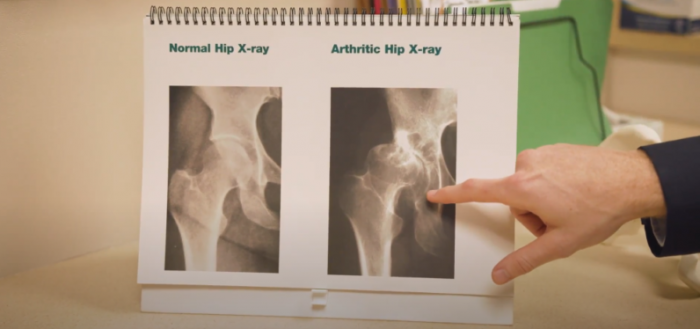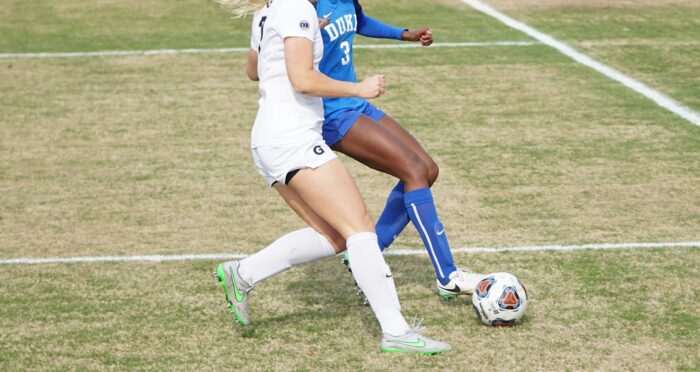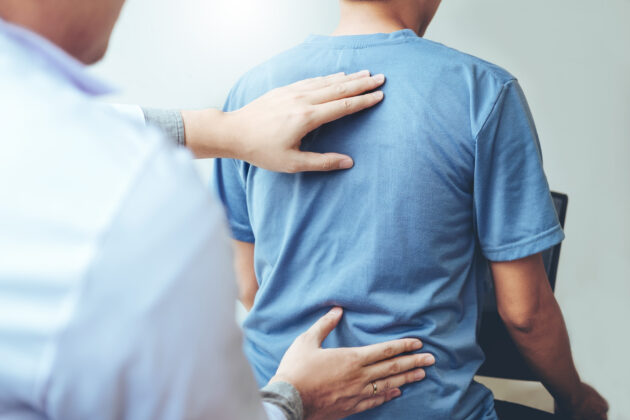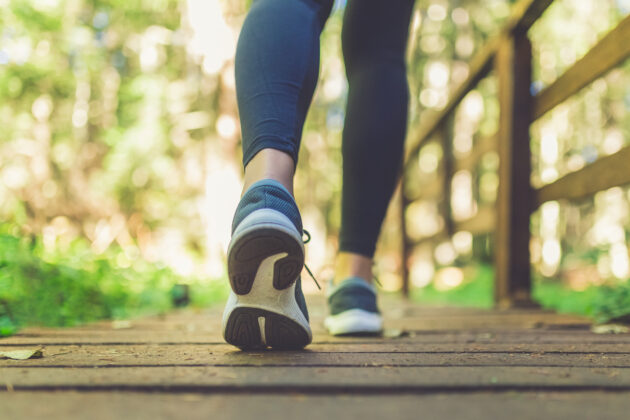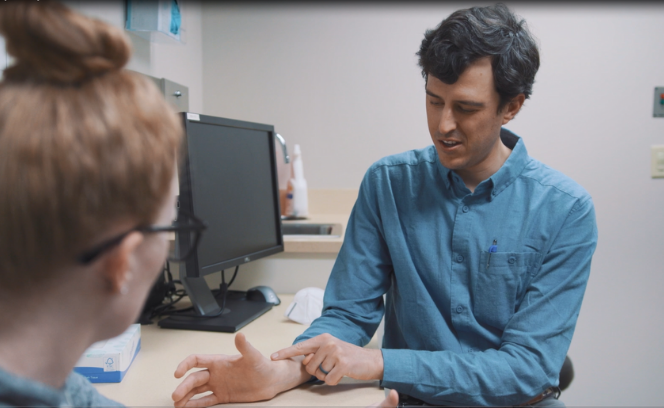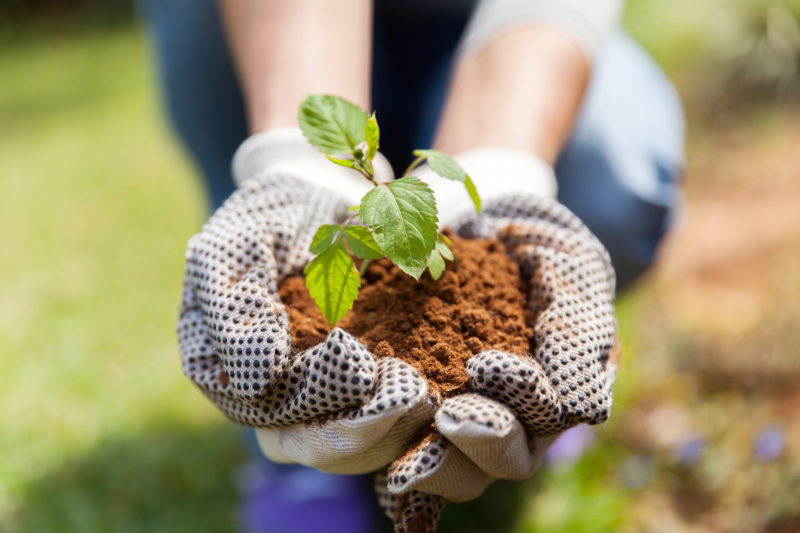
Gardening is an enjoyable activity for many Central Oregonians. It is a great way to be outdoors and stay active in the summer months, with the rewarding benefit of a beautiful backyard or homegrown produce. After the long winter, people are eager to return to their yards and often get injured by starting with large tasks and doing too much too soon. Here are a few tips to avoid injuries while gardening.
Warm up
Many people don’t think of gardening as an exercise and don’t warm up. However, common gardening tasks like mowing the lawn, weeding, digging, or planting can be as strenuous as a sporting activity. Research studies have shown that cold muscles are more prone to injury, and it is especially important to warm up before physical activity as we age. Warm up by briskly walking around the block or on a stationary cycle for 3-5 minutes. Then slowly and gently stretch. Key muscle groups to stretch before gardening include shoulders, hamstrings, and lower back.
Take rest breaks
It’s easy to be outdoors on a sunny, warm day spending hours working. The motions of digging, weeding, or planting while gardening are often done while hunched over and can lead to overuse injuries or muscle strains. Take frequent rest breaks during difficult work, or ideally split up the work over several days. When you are hunched over for a period of time, take breaks to move and stretch your low back.
Wear protective clothing
Always wear gloves to prevent blisters, as well as protect your hands from scrapes and cuts. If you are mowing the lawn or using garden equipment, wear long pants and eye protection. Don’t forget your sunscreen and hat too!
Plan ahead
Regular exercise during the winter months can help ease you into gardening season and prevent injuries. Strengthening the shoulders, core, and leg muscles can help prevent injury while gardening, as well as many other outdoor activities. In general, staying active as you age lowers the loss of muscle mass, strengthens bones, and reduces joint and muscle pain.
If you overdo it and have muscle pain or swelling, take non-steroidal anti-inflammatories like ibuprofen or aspirin. Applying an ice pack several times a day for 20 minutes at a time can also promote healing.
